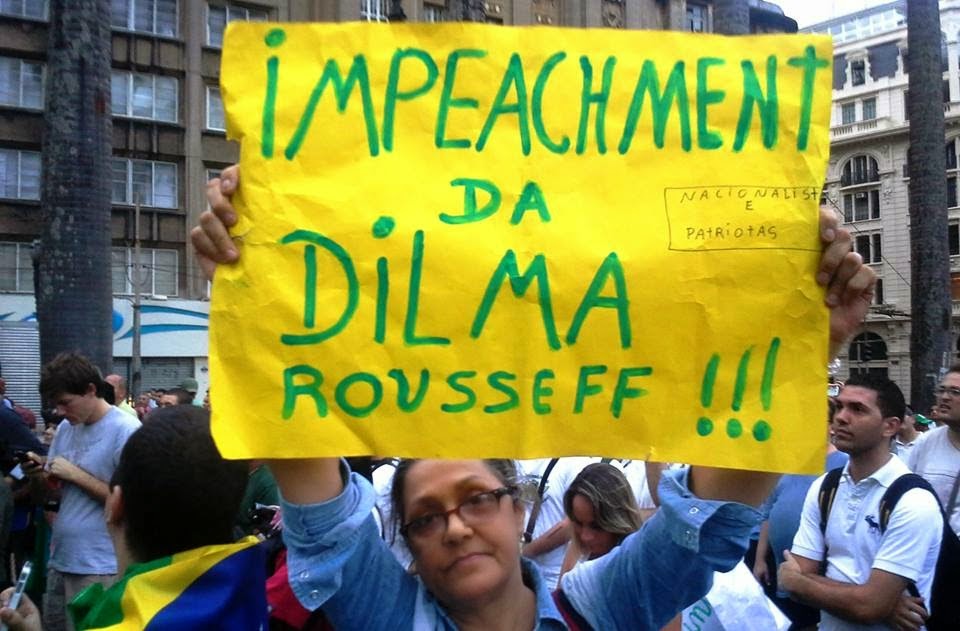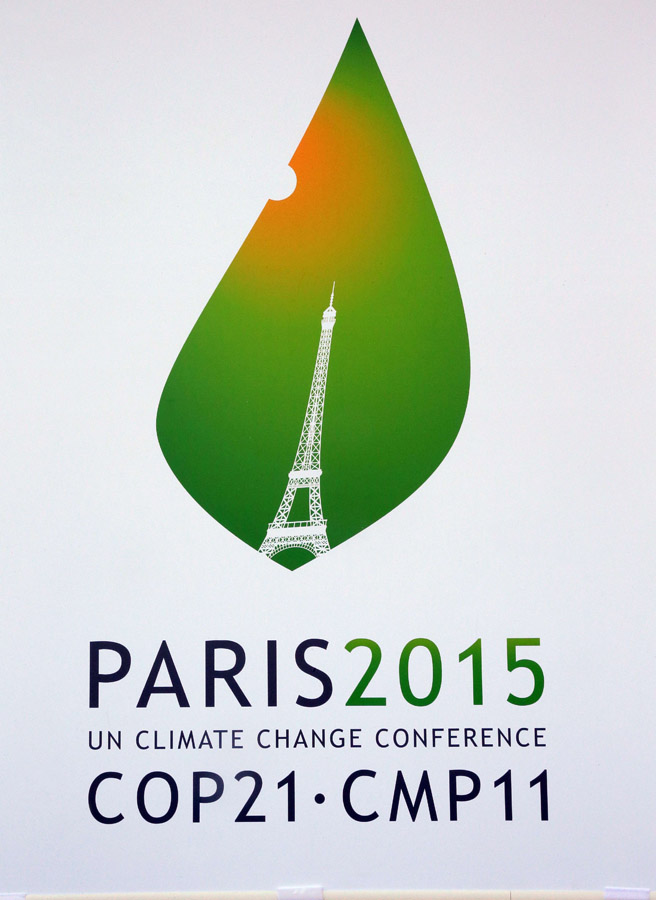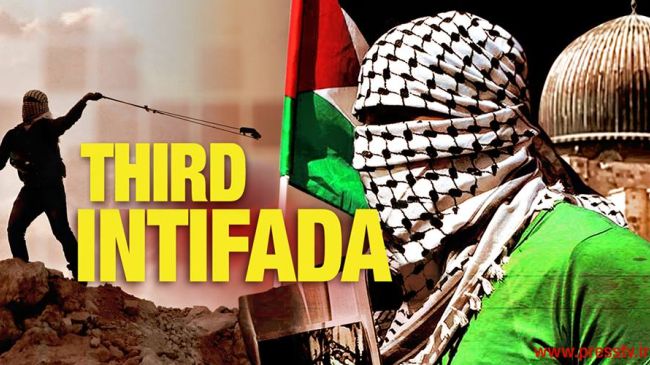[fblike]
 Once heralded as one of the strongest emerging economies, Brazil has seen its economic fortunes wane over the past year as a result of corruption scandals, fiscal management, and bureaucratic incompetence. The nation is in the midst of a recession – the longest downturn since the 1930s – and unemployment is nearing double digits. As if this was not bad enough, Brazil’s Congress is moving to remove President Dilma Rousseff on charges that she violated Brazil’s fiscal management laws by manipulating government finances to aid her re-election campaign last year. Congress may also move to look into whether Rousseff played any part in a scandal at the state-owned oil company Petrobras, as she was Brazil’s energy minister in former President Luiz Ignacio Lula da Silva’s government. While some investors have welcomed the move to impeach Rousseff – viewing her as an obstacle to sound economic management – other analysts worry that the impeachment controversy will be an unwelcome distraction as Brazil attempts to correct its present economic trajectory. Rousseff’s defenders argue that her prosecution is politically motivated and that Speaker Eduardo Cunha only initiated the proceedings after Rousseff’s Worker’s Party (PT) moved to oust him on charges of bribery and money-laundering.
Once heralded as one of the strongest emerging economies, Brazil has seen its economic fortunes wane over the past year as a result of corruption scandals, fiscal management, and bureaucratic incompetence. The nation is in the midst of a recession – the longest downturn since the 1930s – and unemployment is nearing double digits. As if this was not bad enough, Brazil’s Congress is moving to remove President Dilma Rousseff on charges that she violated Brazil’s fiscal management laws by manipulating government finances to aid her re-election campaign last year. Congress may also move to look into whether Rousseff played any part in a scandal at the state-owned oil company Petrobras, as she was Brazil’s energy minister in former President Luiz Ignacio Lula da Silva’s government. While some investors have welcomed the move to impeach Rousseff – viewing her as an obstacle to sound economic management – other analysts worry that the impeachment controversy will be an unwelcome distraction as Brazil attempts to correct its present economic trajectory. Rousseff’s defenders argue that her prosecution is politically motivated and that Speaker Eduardo Cunha only initiated the proceedings after Rousseff’s Worker’s Party (PT) moved to oust him on charges of bribery and money-laundering.
This topic brief will briefly discuss the current impeachment process, explain the political dynamics behind it, and then describe some scenarios that could occur in the coming months with regards to Rousseff’s potential impeachment.
Readers are also encouraged to use the links below and in the related R&D to bolster their files about this topic.





 An incident that many commentators had been fearing in Syria took place last week when Turkish forces shot down a Russian aircraft that allegedly violated Turkish airspace. The Russian plane was reportedly flying a mission to bomb rebel positions near the Turkish border, something that Russia has made a common occurrence since deciding several months ago to bolster its support for Syrian President Bashar al-Assad. The Turkish government claimed that it warned the Russian aircraft before shooting it down, but Russia denies these claims. Russian President Vladimir Putin has demanded an apology and has taken economic countermeasures against Turkey in response to the incident. Considering the fact that France is trying to get both nations to take part in an international coalition to fight the Islamic State, the Russian-Turkish incident illustrates how assembling such a coalition will prove difficult. After all, both nations support opposite sides in the Syrian Civil War. Also, the incident sparks questions about what the Western world should do if a member of the North Atlantic Treaty Organization (NATO) finds itself in a military spat with Russia.
An incident that many commentators had been fearing in Syria took place last week when Turkish forces shot down a Russian aircraft that allegedly violated Turkish airspace. The Russian plane was reportedly flying a mission to bomb rebel positions near the Turkish border, something that Russia has made a common occurrence since deciding several months ago to bolster its support for Syrian President Bashar al-Assad. The Turkish government claimed that it warned the Russian aircraft before shooting it down, but Russia denies these claims. Russian President Vladimir Putin has demanded an apology and has taken economic countermeasures against Turkey in response to the incident. Considering the fact that France is trying to get both nations to take part in an international coalition to fight the Islamic State, the Russian-Turkish incident illustrates how assembling such a coalition will prove difficult. After all, both nations support opposite sides in the Syrian Civil War. Also, the incident sparks questions about what the Western world should do if a member of the North Atlantic Treaty Organization (NATO) finds itself in a military spat with Russia. Starting next Monday, more than one hundred heads of state, climate activists, international officials, and scientists will convene in Paris for negotiations on a new global climate accord that can replace the 1997 Kyoto Protocol. The conference, also referred to as COP21, will aim to install oversight of carbon emission reductions by the developed (and possibly developing world) and create a framework to aid developing nations in climate mitigation efforts. Those following environmental policy are hopeful that this conference, which has been promoted for two years, will not collapse like the Copenhagen talks did in 2009. However, limitations facing U.S. President Barack Obama, who once dreamed of a farther reaching and legally binding climate accord, may constrain the talks since the Republican Party is likely to reject any agreement that obligates the United States to reduce its carbon emissions. According to climate activists, the failure of the Paris talks would set the world on a dangerous path since the world is set to have its hottest year on record this year. According to these activists the time to act on climate change has finally arrived.
Starting next Monday, more than one hundred heads of state, climate activists, international officials, and scientists will convene in Paris for negotiations on a new global climate accord that can replace the 1997 Kyoto Protocol. The conference, also referred to as COP21, will aim to install oversight of carbon emission reductions by the developed (and possibly developing world) and create a framework to aid developing nations in climate mitigation efforts. Those following environmental policy are hopeful that this conference, which has been promoted for two years, will not collapse like the Copenhagen talks did in 2009. However, limitations facing U.S. President Barack Obama, who once dreamed of a farther reaching and legally binding climate accord, may constrain the talks since the Republican Party is likely to reject any agreement that obligates the United States to reduce its carbon emissions. According to climate activists, the failure of the Paris talks would set the world on a dangerous path since the world is set to have its hottest year on record this year. According to these activists the time to act on climate change has finally arrived. Since 1962, Myanmar has been dominated by a military junta. This junta isolated Myanmar from the rest of the world and abused the rights of its citizens, notably those of ethnic and religious minorities. In 1990, the junta flirted with holding national elections, but after the opposition National League for Democracy (NLD) won it the junta annulled the result and went about governing as if there was no election at all. In 2011, Myanmar’s generals finally began the process of modernizing their country, making strides toward opening the nation’s economy to foreign investment, trying to reach a ceasefire with ethnic militias, and transitioning to a quasi-democratic system that allows Myanmar’s citizens to elect 75% of the national legislature, which in turn elects the nation’s president. Last week’s elections were the first in more than five decades and once again, the NLD achieved a significant victory behind its Nobel Prize-winning leader Aung San Suu Kyi. Unlike 1990, the military and its political allies publicly announced that it would respect the result, thereby paving the way for Myanmar to return to civilian rule. However, winning an election and governing a country are separate tasks, and there are concerns that Suu Kyi may find it difficult to maintain her popularity and keep her diverse coalition of supporters together.
Since 1962, Myanmar has been dominated by a military junta. This junta isolated Myanmar from the rest of the world and abused the rights of its citizens, notably those of ethnic and religious minorities. In 1990, the junta flirted with holding national elections, but after the opposition National League for Democracy (NLD) won it the junta annulled the result and went about governing as if there was no election at all. In 2011, Myanmar’s generals finally began the process of modernizing their country, making strides toward opening the nation’s economy to foreign investment, trying to reach a ceasefire with ethnic militias, and transitioning to a quasi-democratic system that allows Myanmar’s citizens to elect 75% of the national legislature, which in turn elects the nation’s president. Last week’s elections were the first in more than five decades and once again, the NLD achieved a significant victory behind its Nobel Prize-winning leader Aung San Suu Kyi. Unlike 1990, the military and its political allies publicly announced that it would respect the result, thereby paving the way for Myanmar to return to civilian rule. However, winning an election and governing a country are separate tasks, and there are concerns that Suu Kyi may find it difficult to maintain her popularity and keep her diverse coalition of supporters together. Last Monday, Canadian voters delivered a stunning victory to the Liberal Party, a result deemed unthinkable several weeks ago. Prime Minister Stephen Harper’s Conservative Party lost its governing majority, losing sixty seats. Meanwhile, the Liberals gained an amazing 148 seats due to the impressive campaigning of its young leader Justin Trudeau, the oldest son of former Canadian Prime Minister Pierre Trudeau. Observers noted that the Liberal victory was due to Canada’s faltering economy as well as perceptions that Harper’s government was inconsiderate toward the plight of Syrian refugees and neglectful of Canada’s proper place in global affairs. A Trudeau-led government has promised to change Canada’s fiscal policy and reform the nation’s drug laws. The Liberals are also poised to alter Canada’s foreign policy, especially with respect to environmental and security issues. What is certain is that the Liberals will have to contend with a new Conservative Party, as Harper announced his resignation as party leader following the announcement of the election results.
Last Monday, Canadian voters delivered a stunning victory to the Liberal Party, a result deemed unthinkable several weeks ago. Prime Minister Stephen Harper’s Conservative Party lost its governing majority, losing sixty seats. Meanwhile, the Liberals gained an amazing 148 seats due to the impressive campaigning of its young leader Justin Trudeau, the oldest son of former Canadian Prime Minister Pierre Trudeau. Observers noted that the Liberal victory was due to Canada’s faltering economy as well as perceptions that Harper’s government was inconsiderate toward the plight of Syrian refugees and neglectful of Canada’s proper place in global affairs. A Trudeau-led government has promised to change Canada’s fiscal policy and reform the nation’s drug laws. The Liberals are also poised to alter Canada’s foreign policy, especially with respect to environmental and security issues. What is certain is that the Liberals will have to contend with a new Conservative Party, as Harper announced his resignation as party leader following the announcement of the election results. October has been a bloody month in East Jerusalem. Palestinian youth, responding to rumors that Israel is planning to take over the Temple Mount, revered as a holy site for Jews and Muslims, are clashing with Israeli security personnel and launching random, “lone wolf” attacks on Israeli civilians. In response, the Israeli government has imposed movement controls and other preventative measures, but critics contend that this will serve to exacerbate tensions rather than produce a lasting solution. Some experts contend that Palestinians are engaging in a third intifada, or uprising, and this would be the second time in two years that Palestinians are reacting violently against the Israeli government. Frustrated at their political leadership, Israeli settlement expansion, and the lack of progress toward a two-state solution, it is believed that some Palestinians are responding through violence to bring greater international attention to their plight.
October has been a bloody month in East Jerusalem. Palestinian youth, responding to rumors that Israel is planning to take over the Temple Mount, revered as a holy site for Jews and Muslims, are clashing with Israeli security personnel and launching random, “lone wolf” attacks on Israeli civilians. In response, the Israeli government has imposed movement controls and other preventative measures, but critics contend that this will serve to exacerbate tensions rather than produce a lasting solution. Some experts contend that Palestinians are engaging in a third intifada, or uprising, and this would be the second time in two years that Palestinians are reacting violently against the Israeli government. Frustrated at their political leadership, Israeli settlement expansion, and the lack of progress toward a two-state solution, it is believed that some Palestinians are responding through violence to bring greater international attention to their plight.